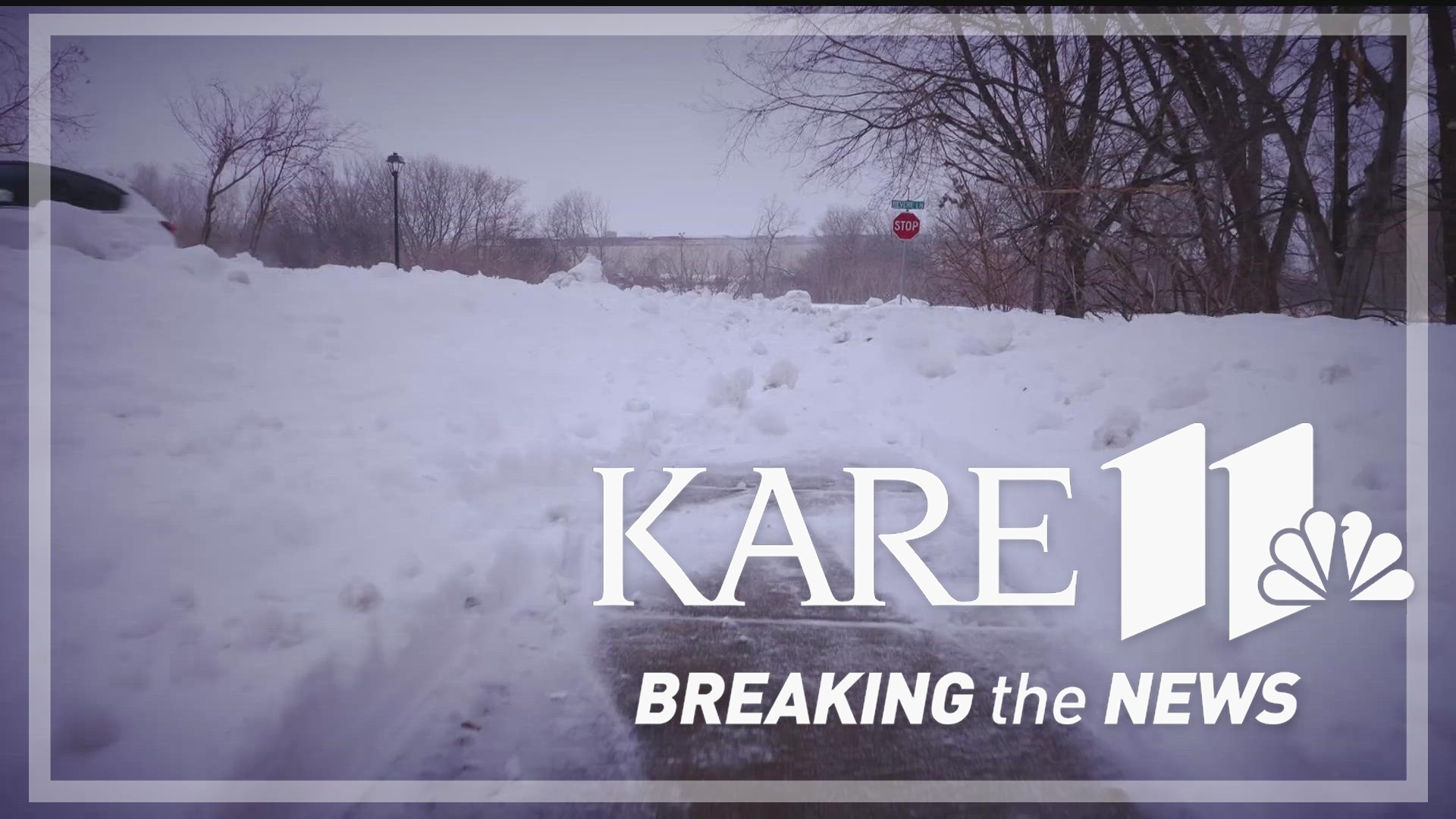MINNEAPOLIS — "We have people in the community who depend on clear sidewalks," said José Antonio Zayas Cabán, with Our Streets.
When it comes to clearing away snow on Minneapolis sidewalks, local organization, Our Streets, says it's all about safety.
"The city of Minneapolis is a northern city, and there's a lot of snow precipitation," he said. "It seems important for us to have a conversation about removing snow from sidewalks. The city conducted a study and found that there were 30,000 complaints submitted in about six years."
To address the need, the Minneapolis Public Works and Infrastructure Committee approved moving forward with a study for city-funded snow and ice removal programs.
"To be frank it's not very accessible or safe to get around on sidewalks," said Councilman Andrew Johnson, who is chair of the committee.
Mayor Jacob Frey says while he supports the study, removing snow through a city-funded program could be a huge undertaking.
The costs for continuous services, based on the study, could top $20 million annually.
"Of course, if we could plow all of the sidewalks in the city, not have people slip, have them look good, the question is: How are we going to be able to do it? How much will it cost? Will we be able to recruit the personnel it takes?" he said.
Mayor Frey went on to say, "There are a number of ways to look at improving. One of them is extended enforcement, another is making sure we're providing enough assistance to some of our more vulnerable communities."
"There's a huge cost and there's a huge operational challenge," added Johnson.
Councilman Johnson says they're looking at all options, including ramping up enforcement efforts. "Ninety percent of property owners are completing their responsibility. It's only the 3% that essentially ruin it for everybody else," said Johnson.
Organizations like Our Streets are hoping to steer away from reliability on enforcement. They're instead focused on the need for prevention efforts to help those in marginalized communities.
"Enforcement sort of assumes that the problem has to exist, and all of that investment that goes toward enforcement, could go toward prevention where we don't have to deal with accumulation; we don't have to deal with freeze/thaw; compacted ice that builds up and it gives us an opportunity to be more inclusive," said Cabán. "Many of our community members are marginalized because sidewalks aren't accessible," said Cabán.
Watch more Breaking The News:
Watch all of the latest stories from Breaking The News in our YouTube playlist:

